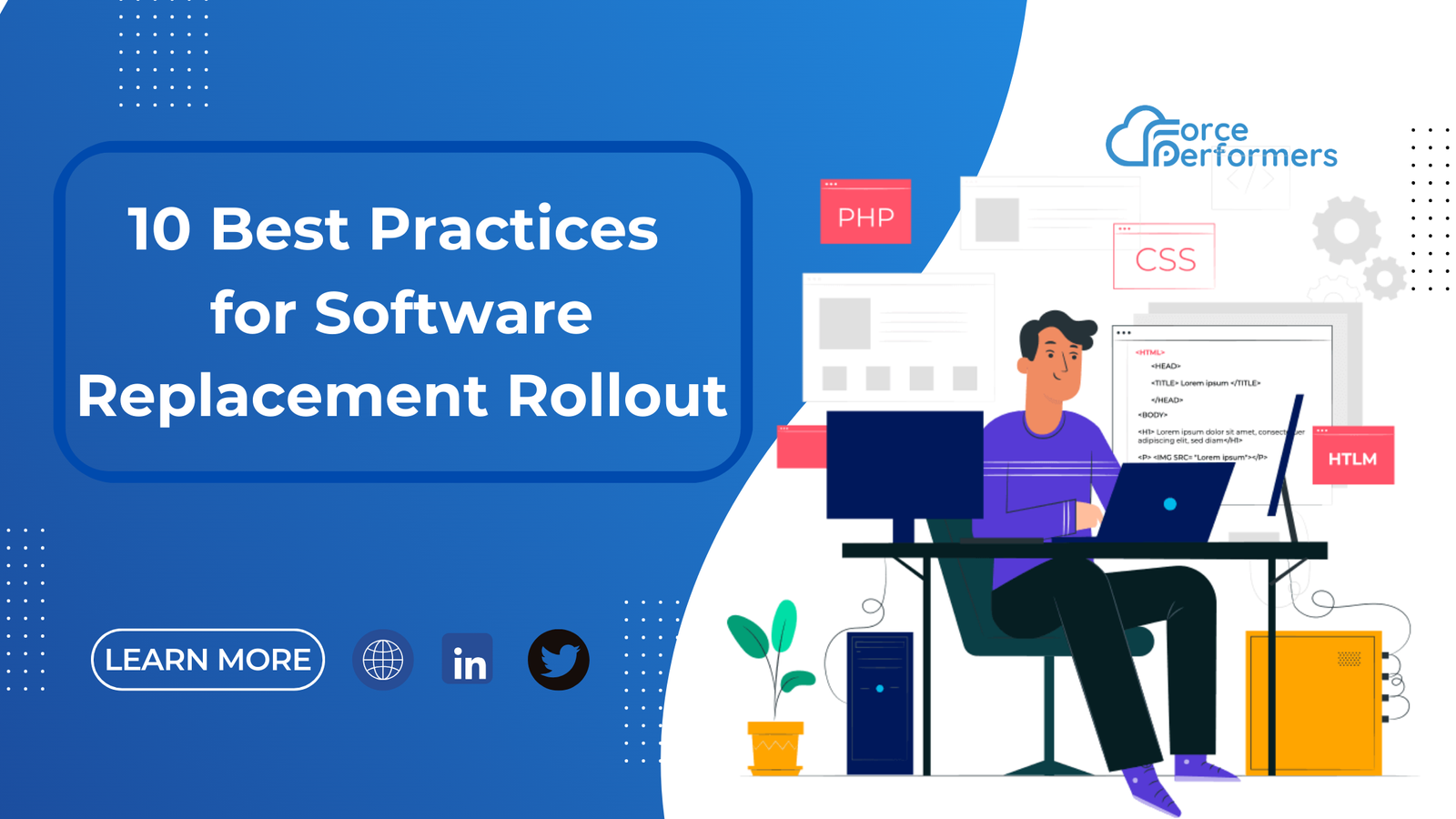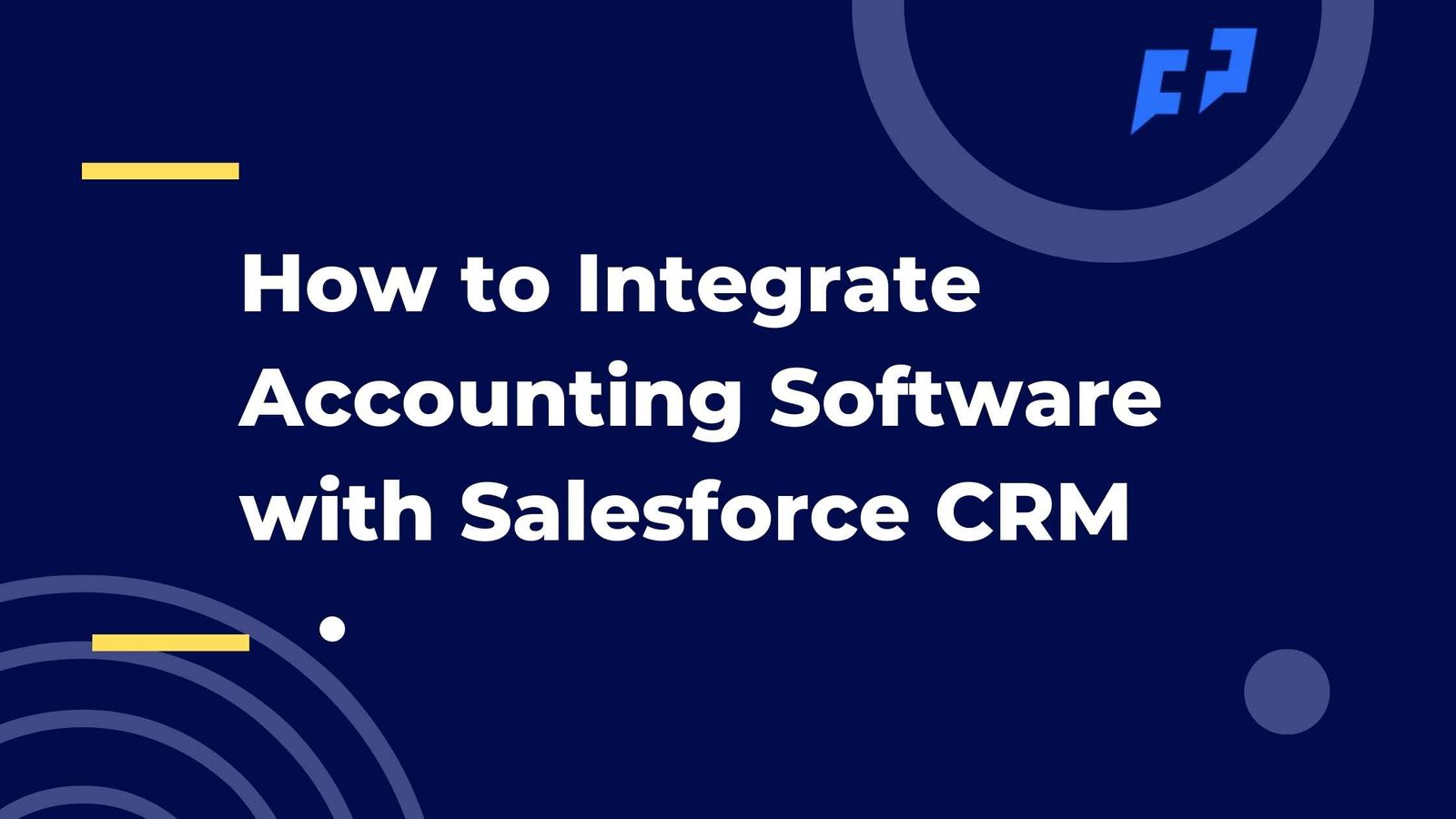Salesforce is one of the most powerful customer relationship management (CRM) platforms, and small businesses can leverage its features to streamline operations, improve customer service, and drive growth. However, with its vast capabilities, it can be overwhelming for small businesses to use Salesforce effectively. To make the most out of Salesforce, it’s essential to follow best practices that ensure your business gets the maximum value from the platform.
In this blog, we’ll explore the top 5 Salesforce best practices for small businesses that can help you optimize your CRM experience and improve business efficiency. If you’re looking for expert assistance in implementing these best practices, visit our Top Salesforce Consultants page for a list of trusted professionals.

1. Customize Salesforce to Fit Your Business Needs
One of the main advantages of Salesforce is its high degree of customization. For Salesforce best practices for small businesses, customizing Salesforce to match specific needs—such as your sales process, customer journey, and reporting requirements—can help make the platform work for you, not the other way around.
Salesforce allows you to create custom fields, reports, dashboards, and even workflows to automate processes. By tailoring Salesforce to your business, you ensure that all your data is organized efficiently and relevant to your needs.
Why It Matters: Customization ensures that Salesforce supports your business’s unique processes, making it easier to manage leads, opportunities, and customer data.
To learn more about customizing Salesforce, visit our Top Salesforce Consultants page.
2. Automate Repetitive Tasks to Save Time
Small businesses often operate with limited resources, which means that time and efficiency are crucial. Salesforce provides several automation tools—such as Process Builder, Workflow Rules, and Flow—that can help automate repetitive tasks like lead assignment, follow-up reminders, and data entry.
By automating these tasks, your sales and customer service teams can focus more on high-value activities, such as building relationships with customers and closing deals, rather than spending time on manual processes.
Why It Matters: Automation increases productivity, reduces errors, and ensures consistency in processes across your team.
3. Implement Efficient Lead and Opportunity Management
Managing leads and opportunities effectively is key to improving your sales cycle. Salesforce provides a range of tools to help you capture, nurture, and convert leads into customers. By organizing leads and opportunities into custom stages, you can easily track their progress and prioritize high-value opportunities.
With Salesforce Sales Cloud, you can automate lead routing, track engagement, and manage pipeline visibility, ensuring that your team stays on top of every prospect and deal.
Why It Matters: Efficient lead and opportunity management ensures that no potential sales slip through the cracks, and your team can focus on the most promising leads.
4. Use Salesforce Reports and Dashboards for Data-Driven Decisions
Salesforce provides powerful reporting and dashboard tools that enable you to monitor business performance and track key metrics. As a small business, it’s essential to use these tools to gain insights into sales performance, customer behavior, and overall business health.
By using Salesforce reports and dashboards, you can visualize important data, such as revenue, conversion rates, and customer satisfaction. This allows you to make informed, data-driven decisions that drive growth and improve efficiency.
Why It Matters: Reports and dashboards provide real-time insights into your business’s performance, enabling you to make quick, informed decisions that can positively impact your bottom line.
For assistance with creating custom reports and dashboards in Salesforce, visit our Top Salesforce Consultants page.
5. Invest in Training and Support for Your Team
One of the most important best practices for using Salesforce is ensuring that your team knows how to use the platform effectively. Providing adequate training for your employees on Salesforce’s features and tools is critical to maximizing its potential.
Salesforce offers a wealth of resources, such as Trailhead (Salesforce’s free online training platform), that can help your team get up to speed quickly. Additionally, having a Salesforce support team or expert on hand to address any questions or technical challenges can ensure that your team remains productive.
Why It Matters: Proper training ensures that your team is confident and proficient in using Salesforce, leading to better adoption and higher return on investment.
For expert guidance on Salesforce training and support, check out our Top Salesforce Consultants page.
Conclusion:
Implementing Salesforce best practices is essential for small businesses looking to improve efficiency, streamline sales processes, and drive growth. By customizing the platform, automating tasks, managing leads effectively, utilizing reports and dashboards, and investing in training, small businesses can maximize the value of Salesforce.
If you need help optimizing your Salesforce usage or implementing best practices in your business, visit our Top Salesforce Consultants page to find a consultant who can guide you on your Salesforce journey.









